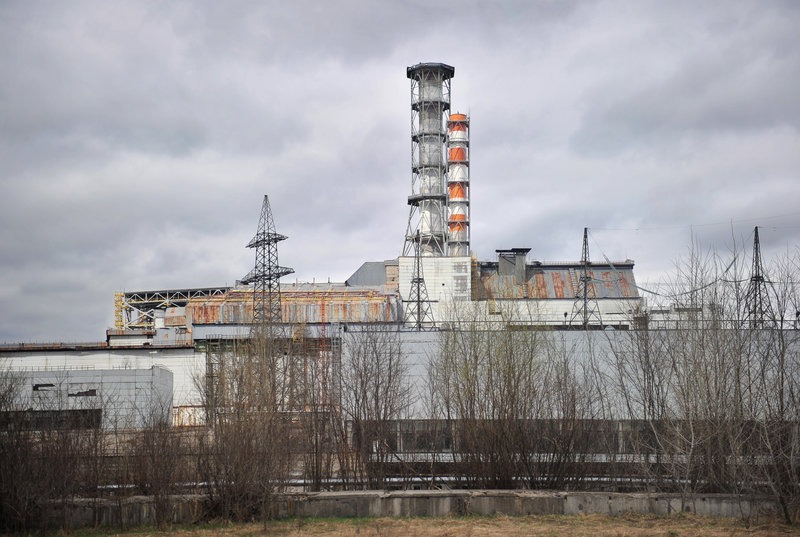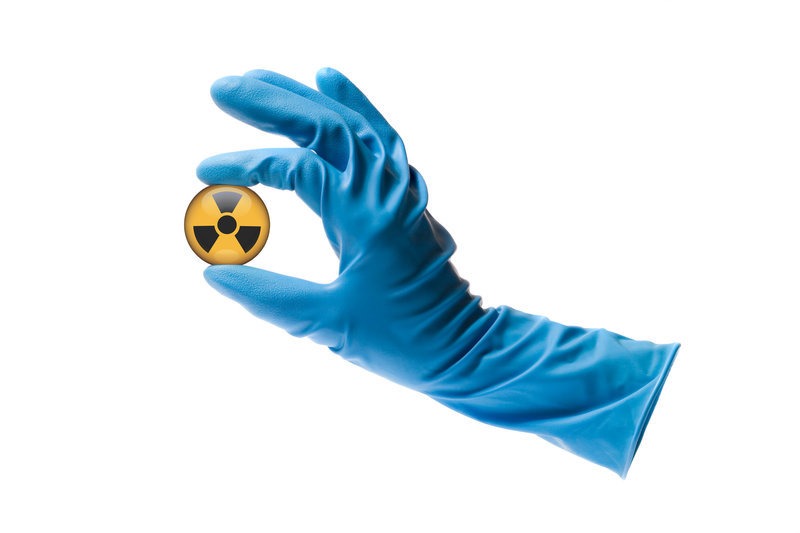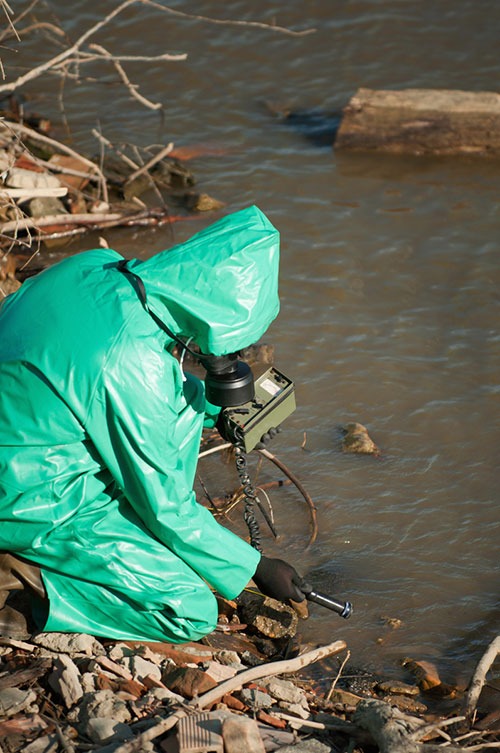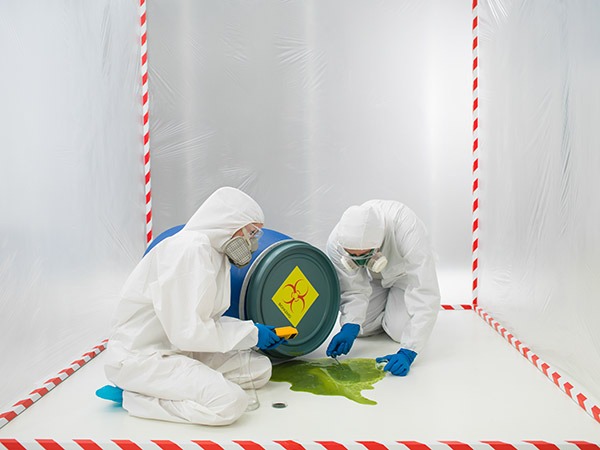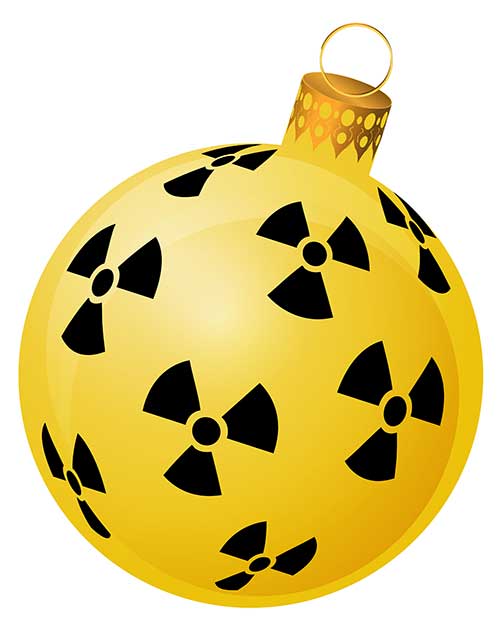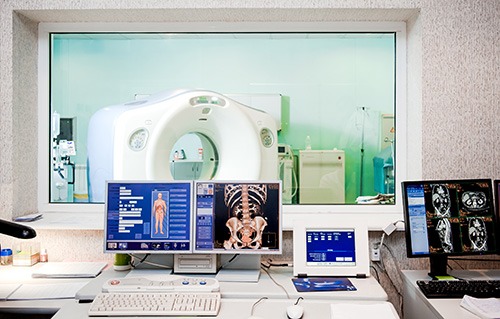Technical Tips
Is Electromagnetic Radiation Dangerous?
There are different types of radiation – and some are more harmless than others. Ionizing radiation – the type that messes with your DNA and causes radiation sickness – is the “bad kind.” This is very different from electromagnetic radiation, which is considered non-ionizing (doesn’t break chemical bonds and/or damage your DNA). Even so, experts…
Read MoreThe Most Radioactive Places on Earth
Radioactive isotopes have shockingly long half-lives – the amount of time it takes them to decay. As a result, radioactive accidents or emergencies potentially leave lifetimes of toxicity behind in their wake. If you’re a world traveler, it’s worth knowing about some of the most radioactive places on the planet so you can steer clear…
Read MoreWhat Blocks Radiation? Materials Used in Radiation Shielding
Radiation contamination is always a concern anywhere radioactive materials or tools are used, which is why radiation shielding products are essential to any ALARA program or a relevant company safety program. This includes nuclear power facilities and industrial complexes, to medical facilities where x-rays are used, and any other “radioactive workspaces.” Containing the radiation and…
Read MoreHow is Radiation Measured and Detected
Radiation is colorless, odorless, tasteless, soundless and lacks any type of tangible “feeling.” As a result, it’s nearly impossible – save an acute event resulting in immediate physical damage – for individuals to know they are exposed to radiation at all. If you work in a radioactive career, your company safety culture matters. It’s your…
Read MoreWhat to Do in a Nuclear Fallout or Radiological Attack
For those who don’t work in radioactive careers, or in jobs that expose them to radiation, the threat of radioactive exposure is minimal. That changes, however, in the event of a radiological attack resulting in heavy amounts of fallout or from a nuclear disaster (such as the Fukishima nuclear disaster back in 2011). In cases…
Read MoreWill Hospitals Admit Someone Who’s Contaminated with Radiation?
Imagine you work in a radioactive lab and one of your co-workers trips and falls with a tray full of radioactive liquids. Unfortunately, they wound up knocking their head hard on the sharp edge of a counter on their way down. So, in addition to the radioactive spill, the individual is unconscious, with a serious…
Read MoreHow do you stop a radioactive spill?
As a radiation safety officer, or a safety manager in a radioactive work environment, it’s your job to plan, plan, plan. That includes having a plan to stop – and clean up – radioactive spills. In lab, academic and testing environments, spills are the most common type radioactive “accident.” They can range from large spills…
Read MoreRadiation Response Plan for Skin Contamination
Have you just received the designation of Radiation Safety Officer in your company or department? Or, is your lab hot – and you realize the established safety protocols aren’t up to par? Depending on the types of radiation you’re working with, it’s essential to have a response plan for any level of radiation exposure employees…
Read MoreRadioactive Holiday Gifts For the Ones You Love (and hate)
Tired of buying the same ol’ holiday gifts year after year? Looking for that truly rare, one-of-a-kind present for the impossible to buy for relatives in your life? We have just the thing – radioactive elements. We’re joking (sort of). Believe it or not, there was a time when radiation was considered good for you…
Read MoreKnow Your Radiation Exposure Limits
Radiation is bad right? Well, not necessarily. First, it depends on the type of radiation. Some radiation isn’t all that harmful at all within a reasonable limit. Other types of radiation are much more powerful and require heavy protection, limited exposure and an ample supply of education and safety training in order to keep yourself…
Read More


